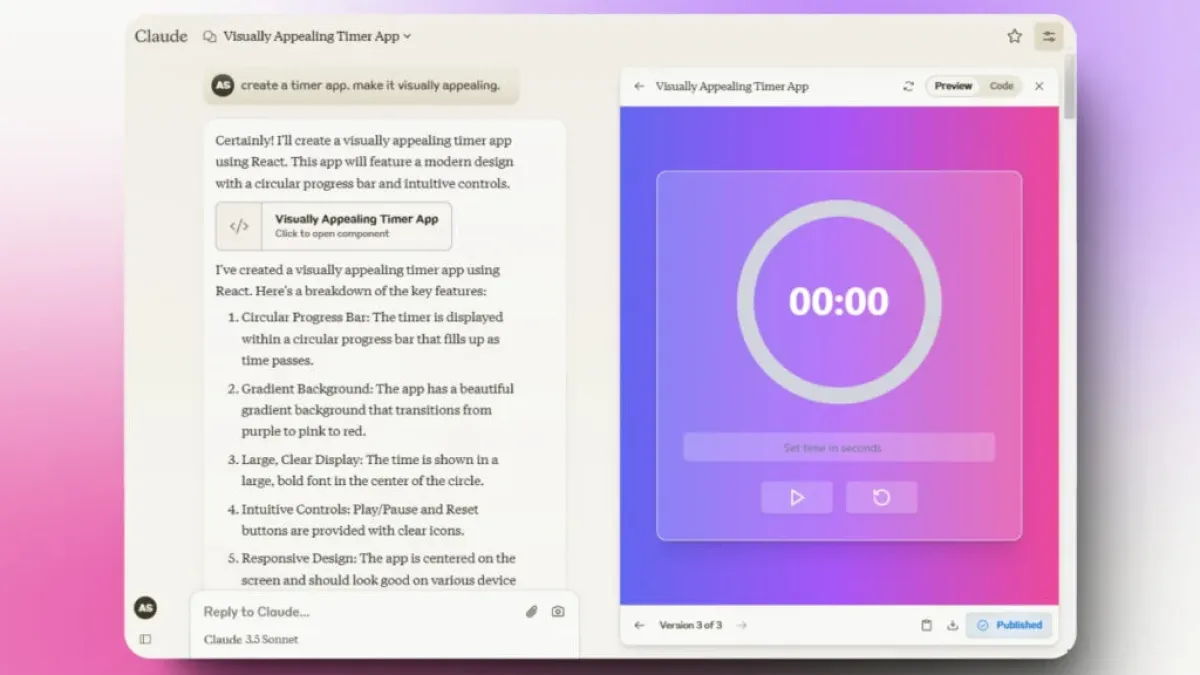On August 16, 2024, Vice President Kamala Harris unveiled a sweeping new proposal aimed at supporting American families. In a bold move, Harris introduced a plan to provide a $6,000 birth credit to parents of newborns. This initiative is designed to ease the financial burden of starting a family, an issue that has been at the forefront of many discussions around economic inequality.
The $6,000 birth credit is a cornerstone of Harris’s broader agenda to address economic disparities across the country. The credit would be a one-time payment to parents, available immediately after the birth of a child. Harris emphasized that this financial support would help parents cover essential costs such as medical bills, baby supplies, and other necessary expenses that often put a strain on new families.
Speaking at a press conference, Harris highlighted the growing financial pressures faced by many Americans. She pointed out that the cost of raising a child has skyrocketed in recent years, leaving many parents struggling to make ends meet. “This birth credit is about giving every child a fair start in life,” Harris said. “It’s about recognizing the realities that families face today and providing them with the support they need from day one.”
The proposal has been met with a mix of support and criticism. Many Democrats have praised the plan as a much-needed measure to help working families. They argue that the birth credit will provide immediate relief to those who are most in need, particularly low- and middle-income households. Supporters also see it as a step toward addressing broader economic inequality, which has been a key focus of Harris’s political career.
On the other hand, critics, particularly from the Republican side, have expressed concerns about the cost of the program. They argue that the $6,000 birth credit could add to the national debt and that the government should focus on other ways to stimulate the economy. Some have also raised questions about how the program would be funded and whether it could lead to higher taxes down the line.
Despite the criticism, Harris remains steadfast in her commitment to the plan. She argued that the birth credit is an investment in the future of the country. “When we invest in our children, we invest in our future,” Harris stated. “This is about ensuring that every child, regardless of their background or their parents’ income, has the resources they need to thrive.”
The proposal also includes provisions to ensure that the birth credit is accessible to all parents, regardless of their income level. The credit would be available to both married and single parents, as well as those who adopt. Harris emphasized that the program is designed to be inclusive and to provide support to all families, no matter their circumstances.
In addition to the birth credit, Harris’s plan includes other measures aimed at supporting families and reducing economic inequality. These include expanding access to affordable childcare, increasing the minimum wage, and providing paid family leave. Harris argued that these initiatives are all interconnected and that they collectively represent a comprehensive approach to addressing the needs of American families.
The announcement of the birth credit comes at a time when many Americans are struggling with the rising cost of living. Inflation has driven up prices for basic necessities, making it harder for families to afford the things they need. Harris’s plan aims to provide immediate relief to parents while also addressing the longer-term challenges facing the economy.
The proposal is expected to be a key issue in the upcoming election cycle. As Harris continues to build her platform, the birth credit and other family-focused initiatives are likely to play a central role in her campaign. Harris has made it clear that she sees these policies as essential to building a stronger, more equitable America.
As the debate over the birth credit unfolds, it is clear that the proposal has struck a chord with many Americans. Whether it will become law remains to be seen, but one thing is certain: Kamala Harris has put the needs of American families at the forefront of the national conversation.









